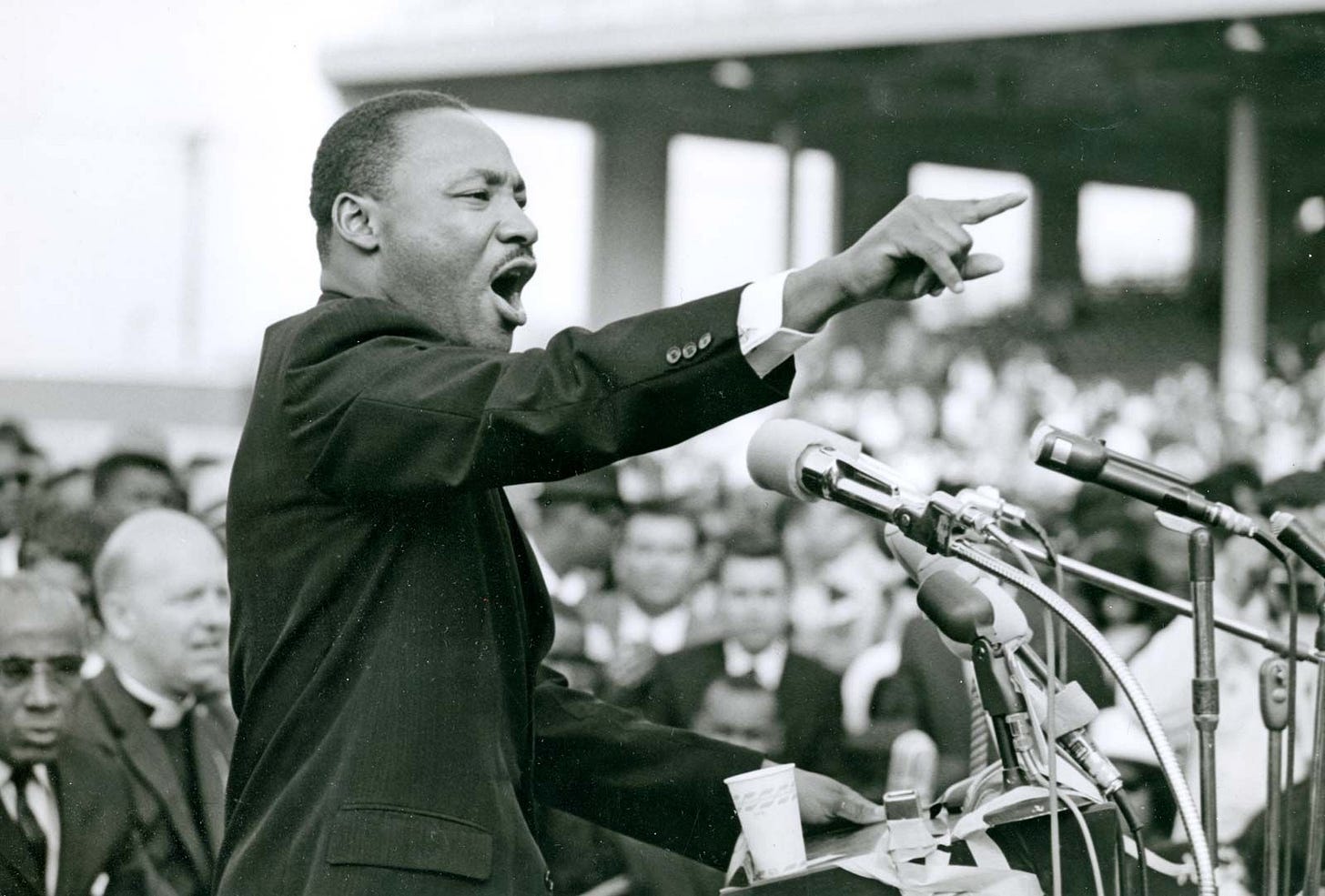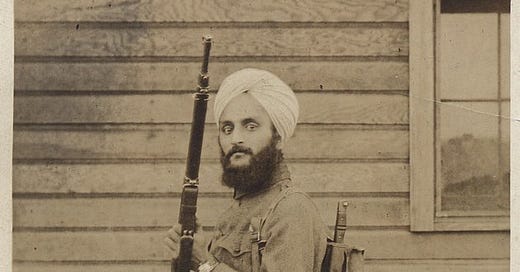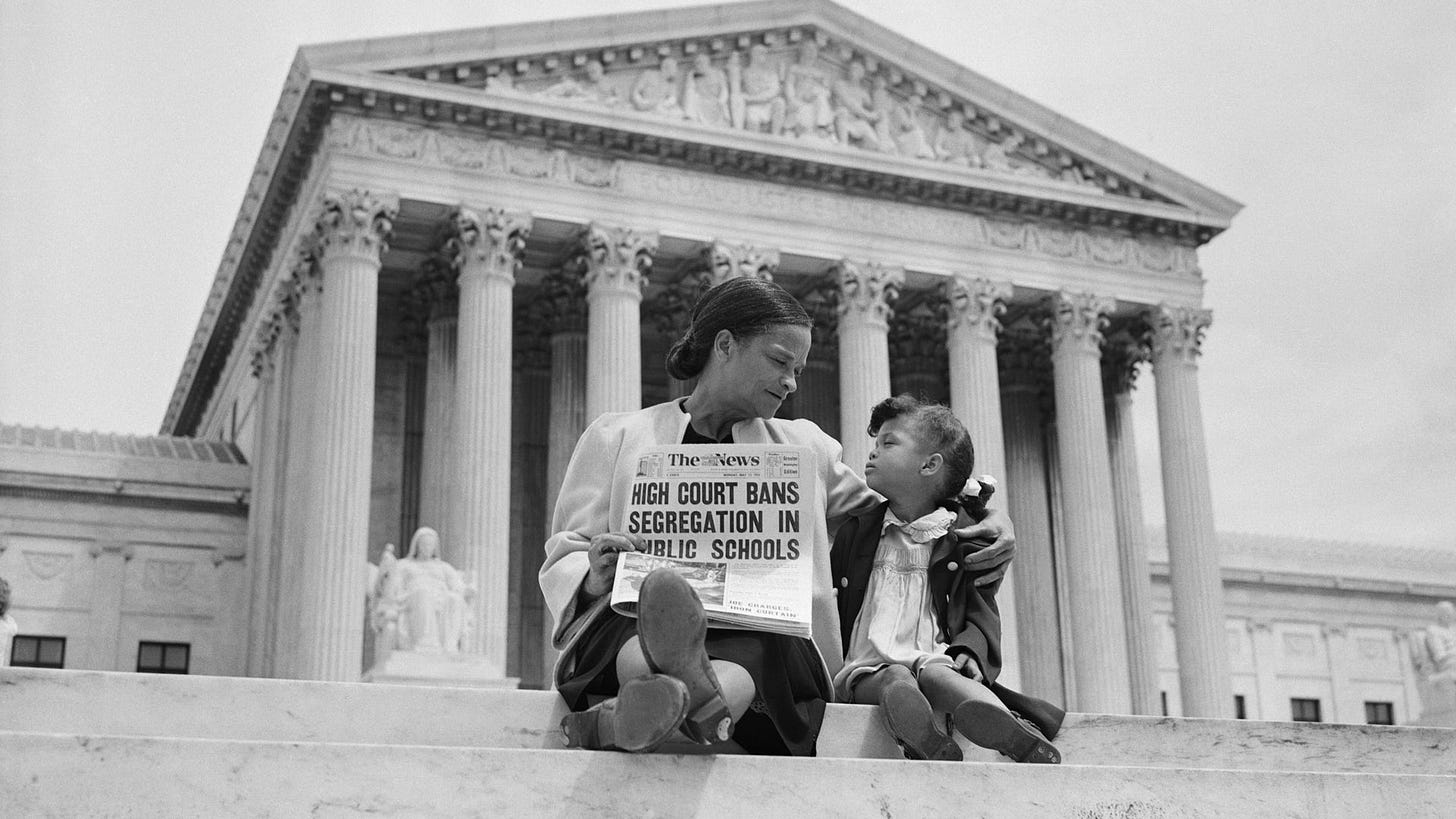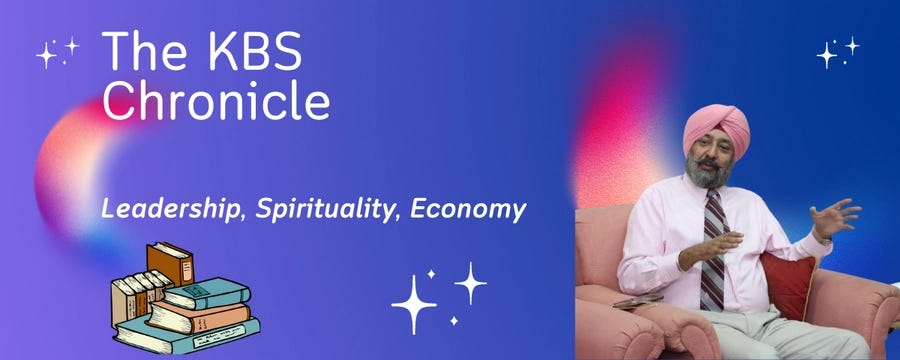Struggle for Equality and US Citizenship: The Saga of Sergeant Bhagat Singh Thind of US Army
The Enduring Marathon for Constitutional Equality: Sergeant Bhagat Singh Thind's Pursuit of American Citizenship.
The Arduous Road to Equality trudged by Sergeant Bhagat Singh Thind
The journey towards racial equality in the United States is a complex tapestry, rich with stories of both triumph and tribulation. Woven into this intricate fabric is the remarkable life of Sergeant Bhagat Singh Thind, who would later become Dr. Bhagat Singh Thind, PhD. Born in 1892 to a Sikh family in a village near Amritsar, in what was then British India, Thind was steeped from a young age in the core Sikh tenets of equality and justice. These principles would later serve as the bedrock of his enduring legal battle for U.S. citizenship.
A decorated World War I veteran, Thind encountered the paradoxical and unjust situation of serving a country that welcomed his military contributions but was unwilling to extend him the citizenship he deserved. Initially successful in obtaining citizenship, his status was abruptly revoked due to his racial background, thrusting him into a prolonged battle for recognition and equality under the United States Constitution.
Decorated Soldier of US Army Denied Citizenship
Thind's pursuit of citizenship ultimately took him to the U.S. Supreme Court, where he argued that he belonged to the Aryan race, thereby qualifying for citizenship under the existing laws. At the time, these laws permitted only "free white men" and "persons of African nativity or persons of African descent" to be naturalised as U.S. citizens. The Supreme Court, however, ruled against him. They contended that while Thind may be classified as Aryan under anthropological definitions, he did not fit the "common sense" understanding of what constituted "white".
This protracted legal fight laid the groundwork for the Luce-Celler Act of 1946, enacted after World War II. While this Act nominally opened the doors for persons of Indian origin to attain U.S. citizenship, it did so with an initial quota of merely 100. This ostensible advancement needs to be contextualised within the wider panorama of enduring racial and social equality struggles.
Brown vs. Board of Education and Martin Luther King: A Parallel Struggle
Even as Thind fought for his right to citizenship, the United States was wrestling with other monumental forms of racial discrimination. The landmark case of Brown vs. Board of Education in 1954 aimed to dismantle the racially segregated schools, a struggle later amplified by civil rights icon Martin Luther King. Remarkably, this occurred in a country where, according to the U.S. Constitution, all citizens were supposed to be equal—after the abolition of slavery in 1865 and the granting of voting rights to women in 1920.
The Ongoing Struggle
The fight against racial and social discrimination is an ongoing struggle that reappears in different avatars, transcending national boundaries and even affecting modern corporate culture. Reports of caste-based discrimination in Silicon Valley have emerged, allegedly perpetuated by so-called upper-caste U.S. citizens of Indian origin, although these allegations are yet to be conclusively proven.

Need for Caution and Vigilance
This stands as a solemn reminder, emphasizing the continuous need for vigilance against both blatant and subtle manifestations of racial discrimination. Whether propagated by the State, its agencies, global corporations, or even individual citizens, any form of discrimination undermines the pillars of equality and demands unyielding resistance and denunciation. Every individual, regardless of whether they are directly affected, has a solemn duty to decry it whenever and wherever it surfaces.
Dr. Bhagat Singh Thind: A Lifelong Activist
Following his protracted legal battle, Thind didn't merely retreat into obscurity. Instead, he channeled his experiences and wisdom into higher education, going on to earn a Ph.D. He became an eloquent speaker and sought-after lecturer, captivating audiences with his insights. As a torchbearer of both American and Eastern thought, especially in the spheres of spiritual philosophy, Thind made a significant impact on intellectual circles. Although he departed this world in 1967, the ripples of his advocacy, teachings, and indomitable spirit reverberate through time, inspiring generations and fostering a deeper understanding of cultural and spiritual integration.
Concluding Remarks— moving forward with cautious optimism
As we chart our course into the future, it's imperative to recognise that the battle for equality is ongoing. However, there remains a glimmer of hopeful optimism. Legal systems have matured, societal awareness has broadened, and the enduring legacies of trailblazers like Dr. Bhagat Singh Thind, Martin Luther King, and our esteemed Dr. B.R. Ambedkar persistently confront and break down entrenched barriers and prejudices.
In this ongoing journey towards an equitable world, the teachings of Guru Gobind Singh ji stand as a radiant beacon. His verses, "Manas ki jaat sabhe eke pehchan bo" (ਮਾਨਸ ਕੀ ਜਾਤਿ ਸਭੇ ਏਕੈ ਪਹਿਚਾਨਬੋ), which mean "Recognise all of mankind as a single caste of humanity," should serve as a timeless universal principle, guiding not just Sikhs and Indians but humanity at large.
The struggle for equality is ceaseless but so is the human spirit’s capacity for growth and change. The teachings of Guru Gobind Singh ji remind us that we should never waver in our pursuit of a more just and equitable world, no matter what the odds might be







Couldn’t agree more with every word , each immigrant will find glimpses of his and her own journey. My wife and I were sworn in for US citizenship in Brown versus school board building. The black citizenship judge who administered the oath shook my hand , looked in my eyes “ you are as much US citizen as the people who came 250 years ago”. Our journey towards was filled trials and tribulations , but, truth and justice prevailed . Story for another day.